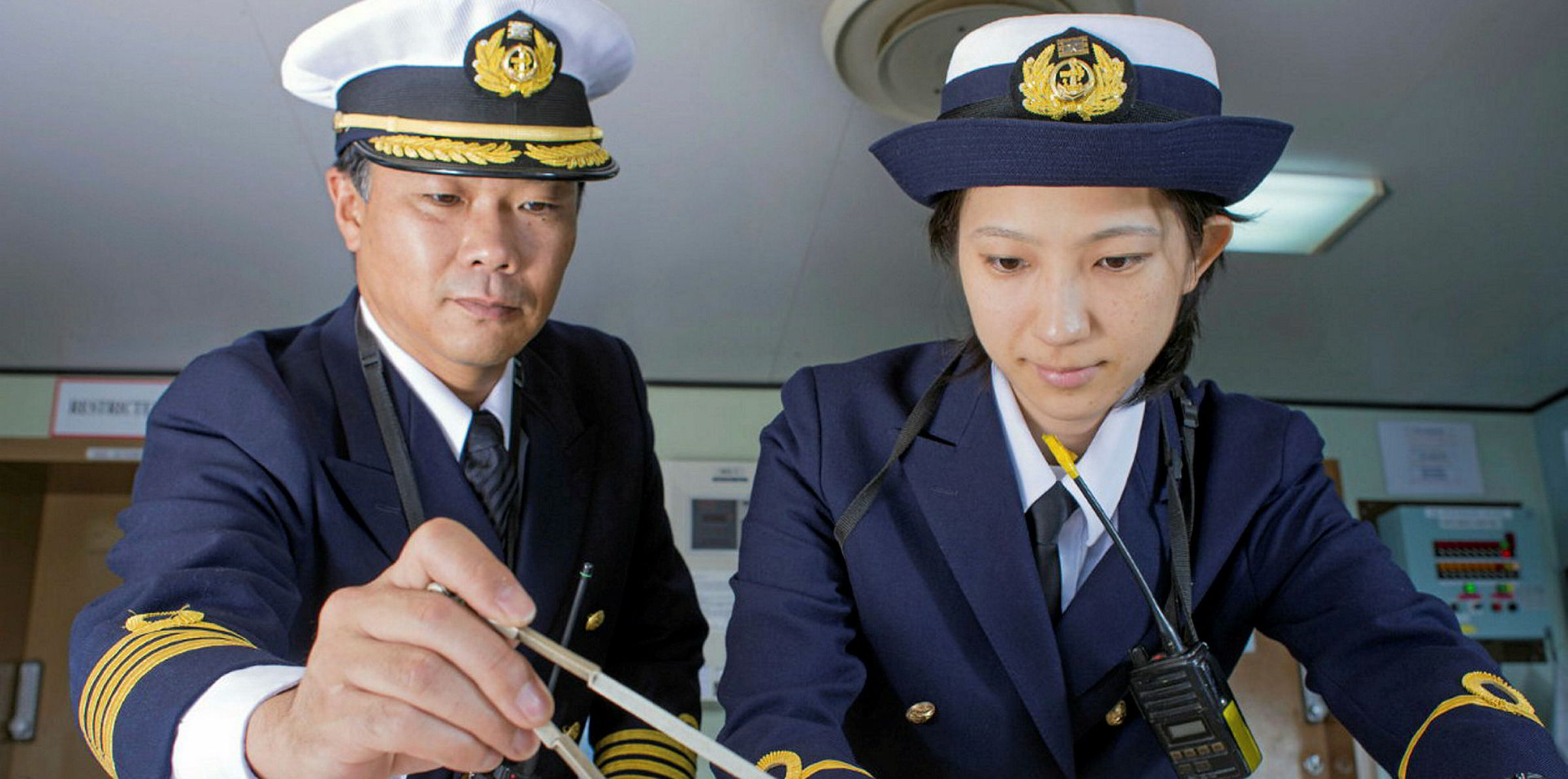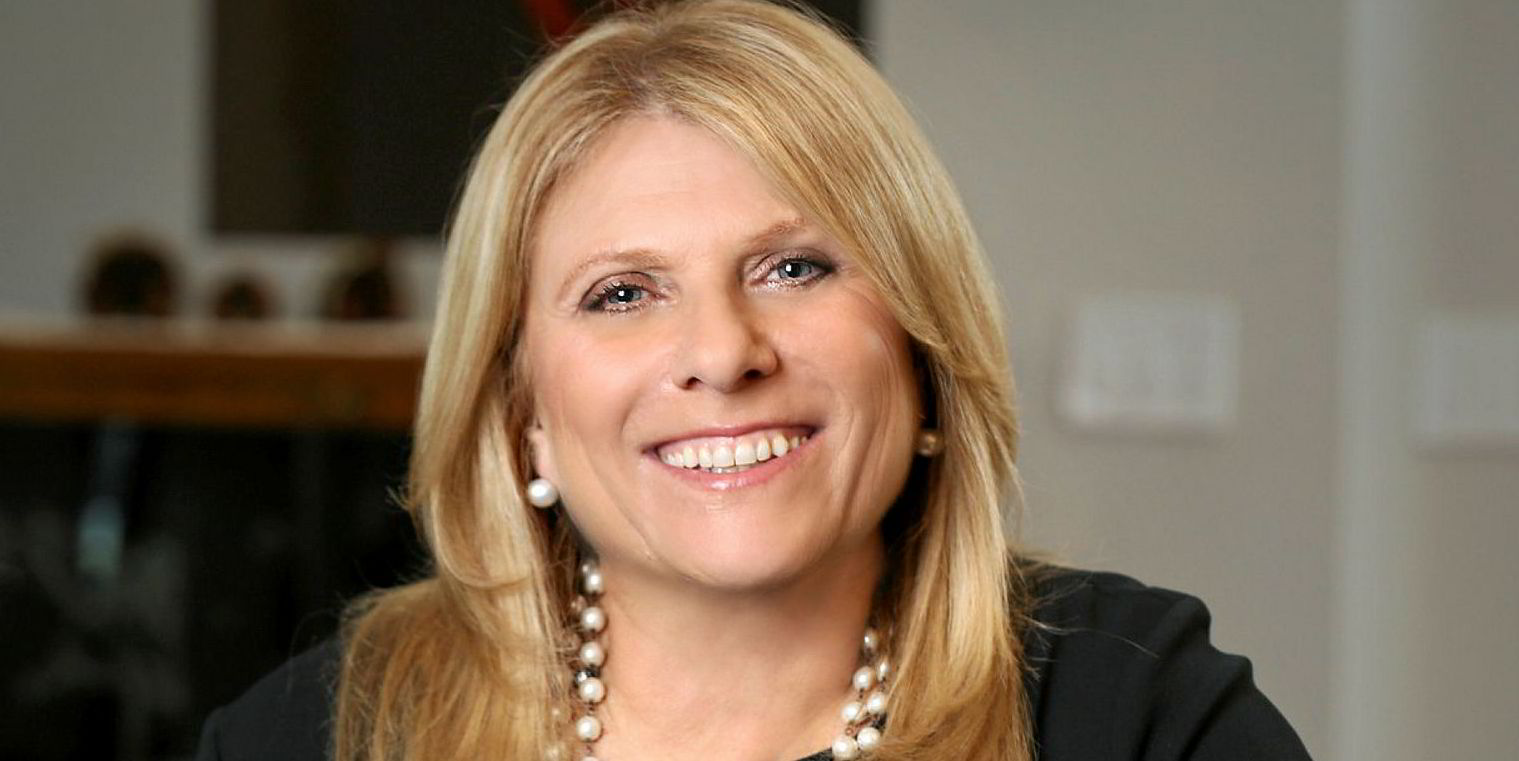The International Chamber of Shipping has challenged its members to improve their efforts in promoting diversity and inclusion.
The London-based trade group, which represents more than 80% of the world’s merchant tonnage via national shipowners’ associations, recently launched its first diversity report.
The Diversity Tracker — the results of which will be published every three years — does not pull its punches when it comes to shipping companies’ failures.

In an ICS survey of 240 shipping firms conducted last autumn, whose results were first revealed in this report, half did not include measures in their business plans to enhance diversity and inclusion.
Boardroom discussion
Just 52.5% of the respondents had diversity programmes within their companies. Around one fifth (20.9%) had never considered diversity and inclusion as important matters, while 16.7% did not rate them as a high priority.
“In most other industry sectors, leading companies would absolutely have a discussion on diversity as part of their boardroom discussion,” ICS director of employment affairs Natalie Shaw told TradeWinds.
“We are particularly behind in the shipping sector.”
The ICS suggests in the report that shipping companies would be able to access a bigger talent pool, gain insight into the needs and motivations of a wider client base, and reflect societies and demographics more accurately, among other benefits.
“Diversity is a cultural thing within an organisation,” Shaw said. “And unless it’s being led by the top, and unless it’s part of your corporate strategy to really embrace diversity as a business, you’re never going to truly be able to be as effective as you could be.”
The survey also found companies were more likely to recruit and promote staffers based on their skills and sought to hire internal candidates whenever possible, not prioritising diversity despite having related policies in place.
Looking at the wider picture

“We might have been able to get away with that in the past, but I really don’t think we would [be in] the future,” Shaw said. “We are missing a very valuable proportion of workers.”
The ICS defines diversity as the existence of variations of characteristics, including race, age, gender, religious belief, sexual orientation, cultural background and disability.
While female representation has been a hot topic in shipping in recent years, Shaw urged companies to also look into other aspects of diversity.
“There has never really been a push to understand and appreciate what diversity really is in the sector,” she said.
In the ICS survey, just over half of the companies said they provided different foods based on the needs of employees. But this is a requirement of the Maritime Labour Convention.
Less than 10% had prayer rooms or an elderly care policy.
“From an industry perspective, it’s important that we not only focus on getting women in it, but that we take diversity as a whole,” Shaw said.
“I don’t think we’ve looked at the diversity in its wider context ... We still need quite a lot of working.”
Health policies

The survey has also found shipping companies should have better health-related policies.
Nearly two-thirds of the companies did not have a policy related to recruitment of people with disabilities, and 60% failed to undertake bespoke measures to enable a person with a medical restriction to work on board vessels.
Moreover, 55.6% did not have a policy specifically covering mental health.
With some 400,000 seafarers trapped at sea due to the coronavirus pandemic, Shaw called for immediate improvements in health policies, especially for seafarers.
“They have been kept, unfortunately, on board for longer than perhaps anybody would like,” she said.
“Sometimes seafarers, for one reason or another, will hide their health issues, for fears that they won’t necessarily get taken on board.
“When the problem arises, the companies ... don’t always know that they want particular types of medication.”
Shaw also suggested that the general situation would most likely be worse than the survey revealed.
“Companies that participated are perhaps the ones who have been more proactive with regard to diversity,” she said.
“I suspect a lot of the companies couldn’t respond to this because they haven’t even been collecting the data, and they don’t actually know the answer to the questions. They have not thought about it before.”
The chamber plans to carry out a diversity survey and publish a report every three years. It has also established the ICS Diversity Panel and the ICS Women in Shipping Panel, each of which has seven to eight shipping executives who will have three meetings per year to discuss how to promote diversity and inclusion.
“We now have specific members of the boards who are championing both initiatives,” Shaw said. “There will be some accounts [of how companies are doing in terms of diversity and inclusion].”







